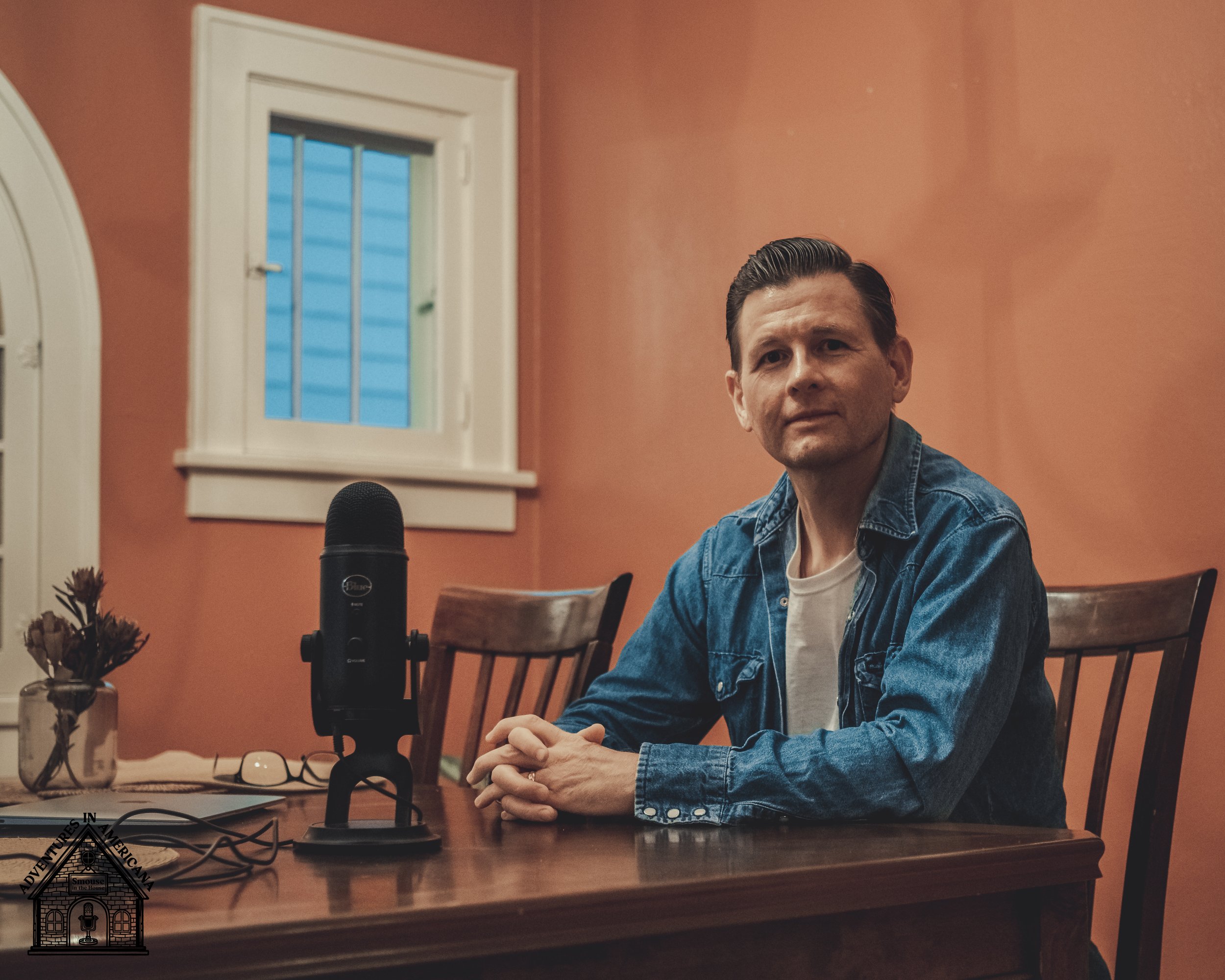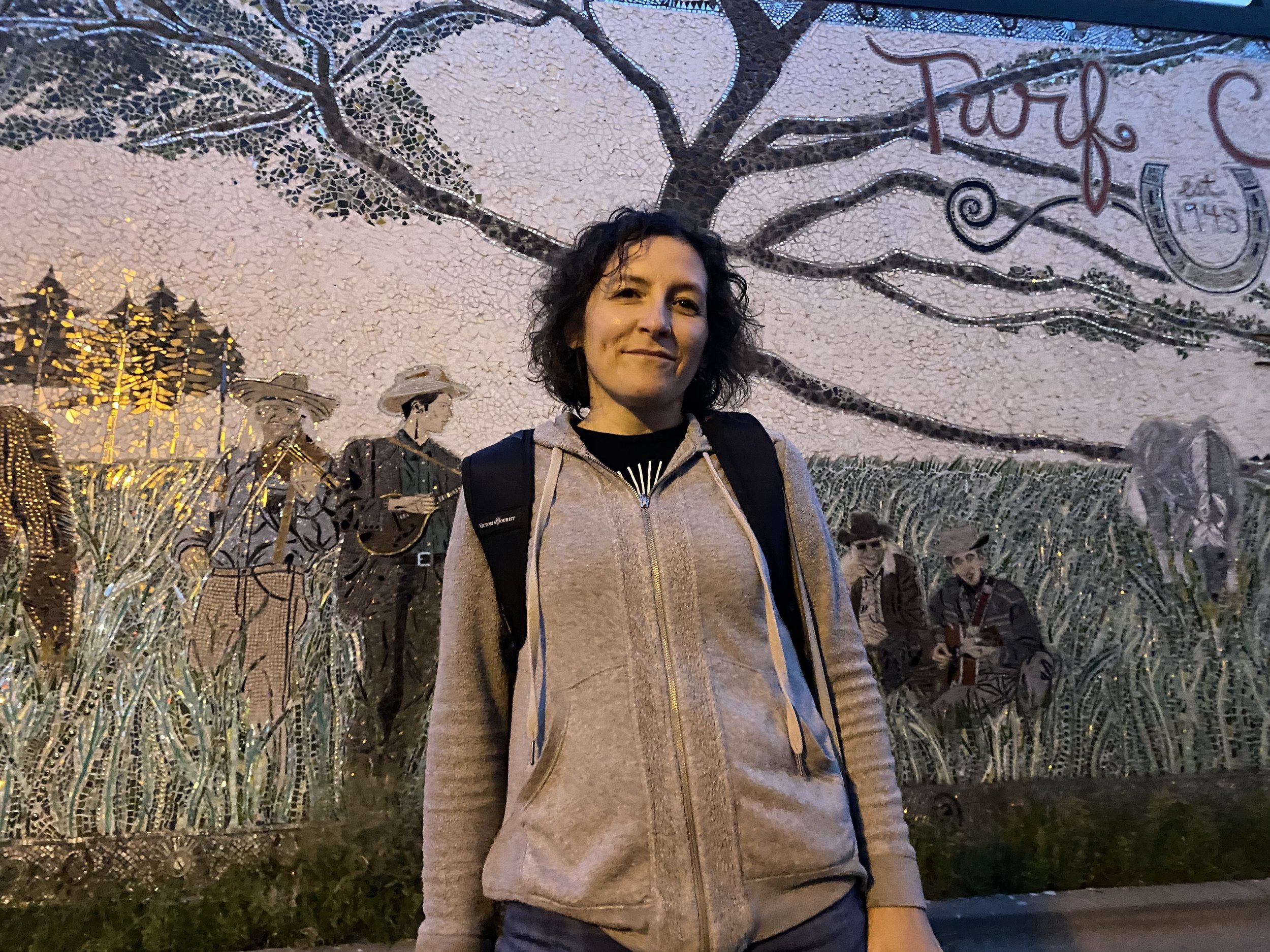Music Review: Jake La Botz, ‘Hair on Fire’
The Saint Paul-based blues/roots rocker infuses unexpected musical and thematic twists into his familiar sound on a rousing new album.
Spoiler: I was 99.99% sure to love this album before I heard a single note. Ever since rediscovering Jake La Botz post-lockdown, I’ve done a deep dive into his sizable catalog, and there’s just not a song of his I don’t like.
But there’s also a danger, when you know an artist’s existing music so well, that a shift in their sound or songwriting will feel jarring. One of my favorite things about La Botz is his lyricism—not only the agility of the wordplay but the uniquely dark, funny, absurd perspectives and stories. There’s compassion and humanity threaded throughout, but the bleak and cynical notes in his songs stand out for me, the gut punch of lines like “Put me in a hole,” “Nobody seems to give a good goddamn about who I am,” “Got a monkey like a Siamese twin, keeps the walls from closing in,” “People pray at the big blue sky to forget that we all must die.”
His new album Hair on Fire contains everything I’ve come to love and expect from this artist: Infectiously rhythmic, genre-layering rootsy goodness with strong underpinnings of blues and gospel. La Botz’s one-of-a-kind voice, which still astounds me with its texture and versatility every time I hear it. Wry, witty, sometimes enigmatic lyrics that satirize and incisively critique a society in the throes of climate crisis, festering racism and late-stage capitalism (and and and).
“First Mcdonnell’s on the Moon” (a funny but bleak vision of a dystopian future) contains his familiar blend of oddball humor and cynicism. “It Looked Just Like a Gun” mimics the excuses we often hear in the aftermath of unjust killings by police, and the simple chorus “Have a merry Christmas” chillingly invokes the devastated families they leave in their wake. “Getting Ready to Roll” contains twisty chains of wordplay that elude exact interpretation but seem to portend something ominous (it’s heads that are getting ready to roll in most of the verses). And “Who Will You Love?” is a morose, cryptic take on a relationship similar to several songs from previous albums.
Yet in other ways, this album was a complete surprise. La Botz brightens and smoothes his sound with almost a 1970s funk feel in some places. And the record expands into new territory thematically as well, addressing spiritual growth, optimism and comfort, and an exploration of mortality so fearless and joyful I could call it a celebration. While I’ve always appreciated how he calls out humanity’s myriad and varied struggles, it feels like Hair on Fire takes his message a step further and starts to show us a way out of the wilderness.
He’s certainly skewered shallowness and vanity before, but “Let It Fall” has a different feel to it than previous songs. It’s a triumphant call to finally shed all facade and fixed concepts of security and success and be our own authentic, vulnerable selves—something many of us have found to be an unexpected but welcome result of the pandemic. “I Don’t Want It” uses the title refrain as a mantra to reject negativity, hatred, greed and all the things that hold us back (“I don’t want it if it’s not about love”). And the title track is a bouncy, exhilarating story of spiritual transformation (La Botz is a longtime practitioner and teacher of Buddhist meditation) up to and including a cheery vision of an afterlife that even an atheist like me finds soul-stirring.
That triptych of songs is on frequent repeat in my playlist and my mind; taken together they feel like a manifesto, a guidebook to life that anyone could benefit from. (It doesn’t hurt that they’re all invigorating and catchy as hell.) A possible companion song, though more enigmatic and open to interpretation, is “Mirror in Me,” which could be about self-care and introspection as the foundational work of a human being (“My only job, keeping it clean and taking good care of everything it’s showing to me”).
Another trio of songs stand out in their musical gentleness and the expansive empathy in the lyrics. “Broken Birds” seems to absorb and share the pain of everyone who suffers: “walking slow through cacophony / catch each note and then set it free / even though I know it’s not my song / I can’t help but to sing along.” “Hope the Sunshine,” La Botz shared on a recent episode of our podcast, is “a prayer that something will show us the light and help us get back into connection.” (That single came out at a pretty challenging time for me and my family and became part of my coping therapy.) And “Last Mission on Earth” is a tender, comforting ode to death as a time of celebration and transition.
There are too many standout tracks on this album to have a clear personal favorite yet, but I think “Killing for a Living” is in the running. What first sounded like the moody meditation of a contract killer quickly came to have a much bigger meaning for me, a troubling and thought-provoking profile of participating in the aforementioned atrocity known as capitalism. “Somebody had to do the deal / you don’t do it then someone else will / it’s only business earning your keep / but killing for a living don’t come cheap.” As someone who’s always felt ambivalent about my role in corporate America, this hits home. I don’t plan on leaving the rat race in the near future, but this song certainly adds fuel to my own internal conflict, in a good way.
This album covers such a broad array of topics and sounds—from relaxing and soothing to gritty and energizing—that there’s sure to be a track that speaks to just about any listener the way “Killing for a Living” did to me. Like every Jake La Botz album that came before it, Hair on Fire is a multifaceted work that packs a wallop emotionally and intellectually, while simultaneously bypassing the brain to speak directly to the body in that ineffable way that great music does.
Carol Roth is a full-time marketing copywriter and the primary music journalist and social media publicist for Adventures in Americana. In addition to studying the guitar and songwriting, Carol’s additional creative side hustle is writing self-proclaimed “trashy” novels under the pseudonym T.A. Berkeley!




